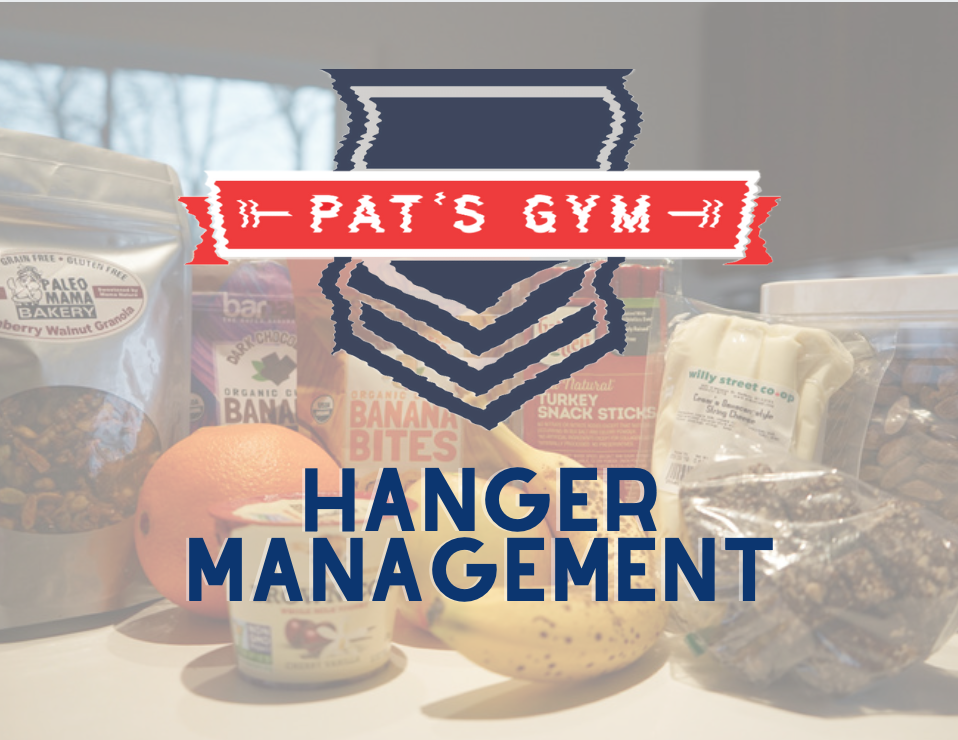
During this pandemic and related quarantines that are occurring, there is a lot of recent research that shows the correlation between mood and nutrition. In fact, a new field that is evolving is called nutrition psychologists.
In past blogs, I have written a lot about the impact of food on our bodies, and the impact of stress on our bodies. It all works together.
I have talked about how cortisol is released in your body when there is anxiety or stress. Your body enters into a fight-or-flight mode. There are foods that can help boost hormones that will help you feel better and will decrease cortisol.
Turmeric is one of those foods. Turmeric has curcumin and it helps improve the microbial ecosystem. It also reduces inflammation which will also help you feel better. If you take black pepper with your turmeric it will help increase the absorption of curcumin.
Depressed? Then try foods with omega-3 fatty acids. This will help increase the serotonin levels in your body. People with depression will tend to have lower level of serotonin. Also, the omega-3 fatty acids and their anti-inflammatory responses will help with depression because depression has elements of neuroinflammation.
Angry? Research has established a positive correlation between anger and aggression. Diets that are high in fats, especially trans fats will interfere with how the brain produces and uses omega-3 fatty acids.
Hungry? When you get hungry you can actually have low glucose. Low glucose is related to aggressive and angry behaviors. So, it’s important to each healthy, whole grains or complex carbohydrates to avoid low blood sugar.
Problems sleeping? Maybe you’re low on melatonin and tryptophan. There are some foods that can help. Turkey will help with tryptophan as will chickpeas. Melatonin can come from eggs, fatty fish, asparagus and broccoli. How can food help with insomnia?
In insomnia, one of the problems is that certain chemicals in our brain that regulate circadian rhythms become unbalanced, such as melatonin and tryptophan. Food can help replenish them. In fact, food is our only source of tryptophan; the body doesn’t produce it.
So, you see the positive correlation between food and moods. If you want more information about nutrition, contact me and let’s work together….
